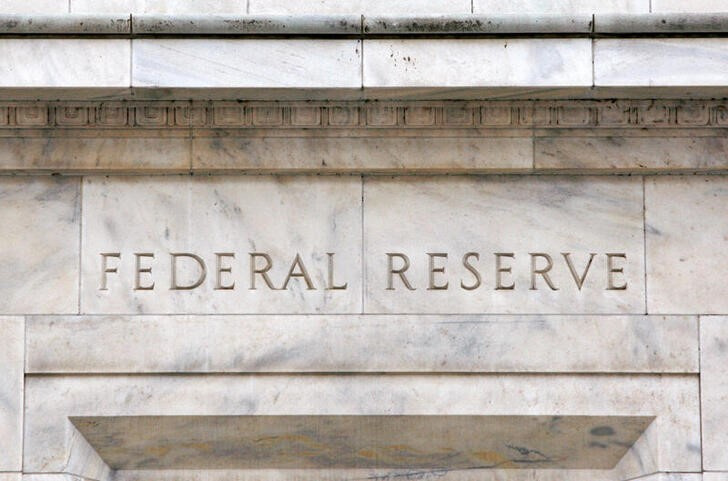Street Calls of the Week
Investing.com - The Federal Reserve’s policy debate remains weighted toward an incremental easing in interest rates, according to analysts at UBS.
In a note, the brokerage argued that while there is still a "plurality of views" with in the Fed, the rate-setting Federal Open Market Committee appears to "favor further rate cuts."
Some Fed members have recently argued that swifter reductions, on top of a drawdown rolled out last month, are needed to help bolster a slowing labor market, although others have continued to express caution around sticky inflation. In theory, rate cuts can promote hiring and investment, albeit at the risk of driving up inflationary pressures.
Yet, the UBS analysts flagged, this more wary commentary is "largely focused on the timing and pace of reductions" rather than disputing the "overall direction" of borrowing costs.
"[T]he public debate tells us that the Fed will calibrate both its policy and its communication carefully, but that ongoing rate reductions are still warranted even if opinions on the speed and magnitude may differ," the analysts including Mark Haefele wrote.
They added that recent delays to key economic indicators due to a prolonged U.S. government shutdown are unlikely to deter the Fed from bringing down rates. The postponement to crucial updated readings of employment and price gains have led officials at the central bank to seek out alternative sources.
Markets are currently all but certain the Fed will slash rates by 25 basis points at its upcoming policy meeting on October 28-29, followed by another in December, CME’s FedWatch Tool has shown. In September, the Fed unveiled a quarter-point cut, its first reduction since late last year.
Against this backdrop, the UBS analysts said the case for "quality fixed income as a source of income and portfolio resilience remains strong."
"We recommend investors consider medium-duration high grade government and investment grade corporate bonds, which offer attractive total return potential and diversification benefits, especially if economic activity slows and rates fall further," they said.
